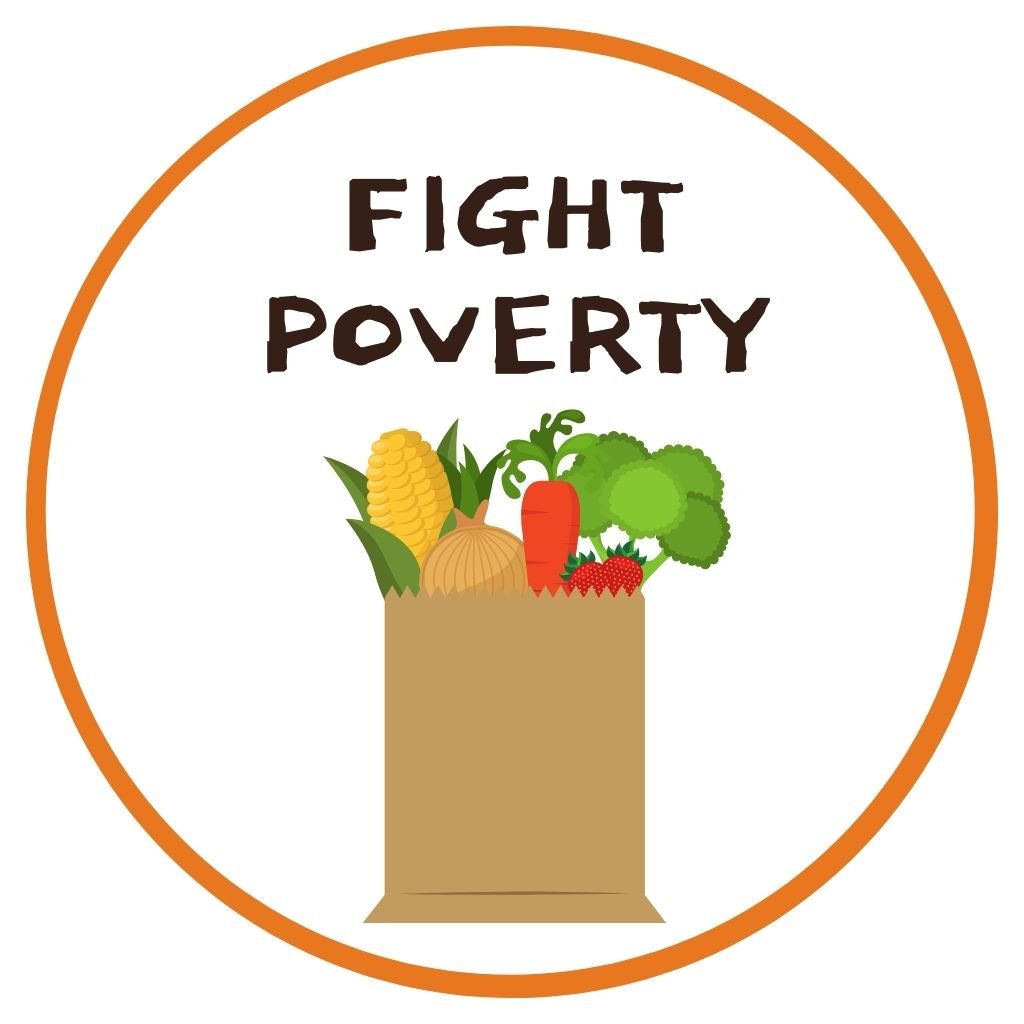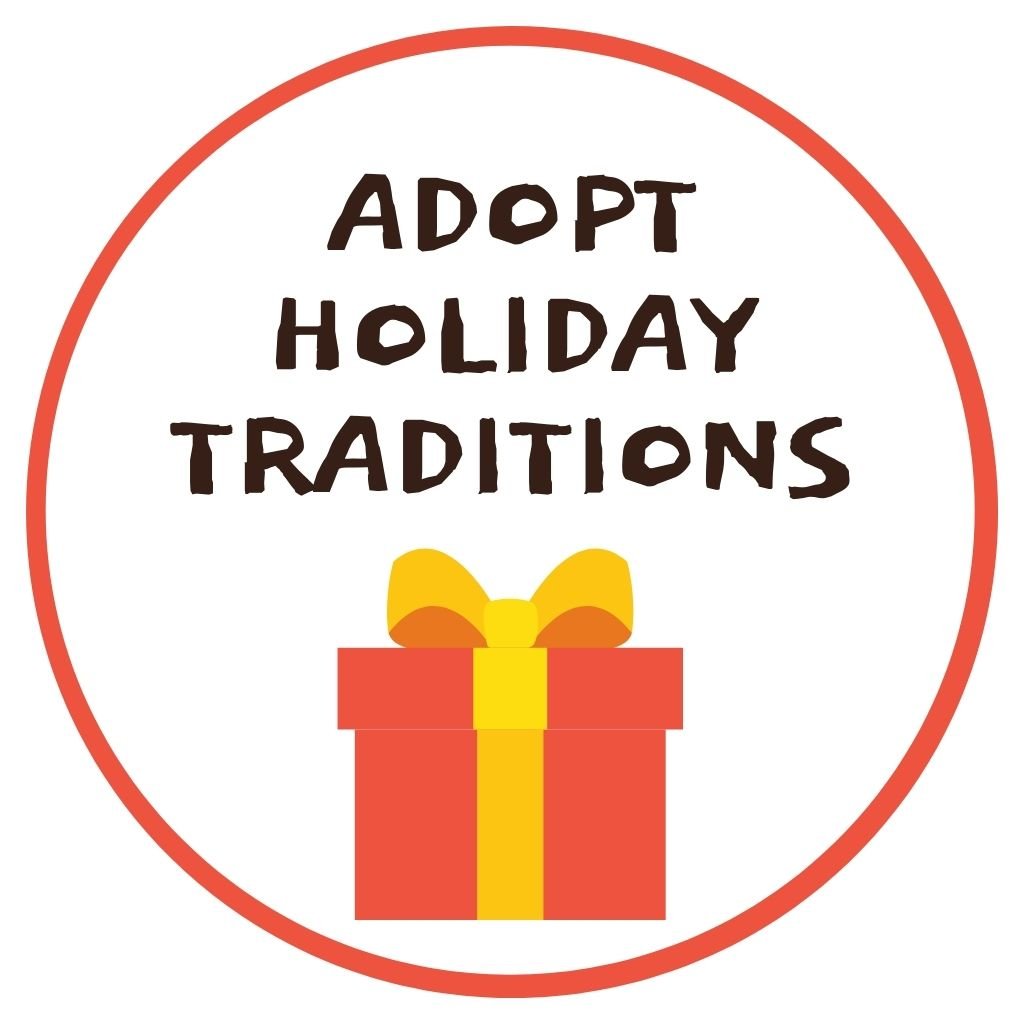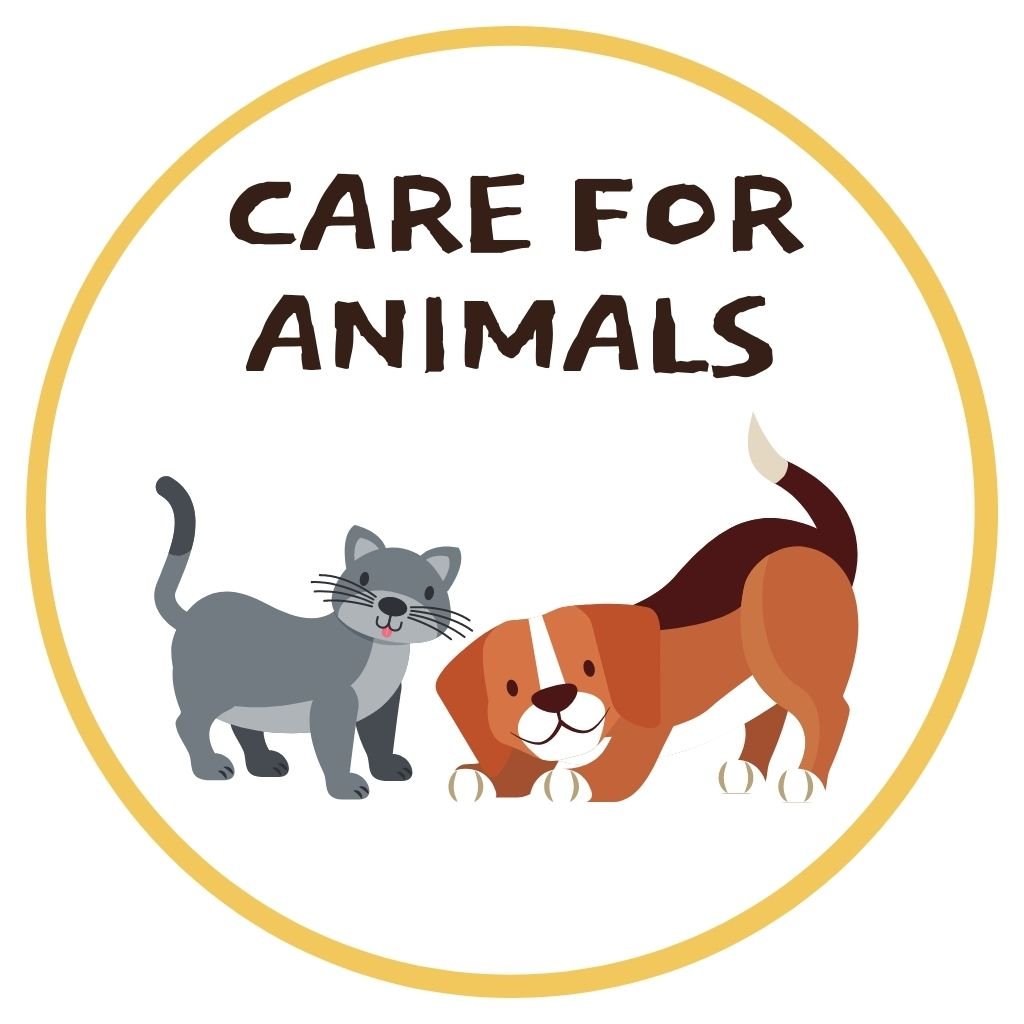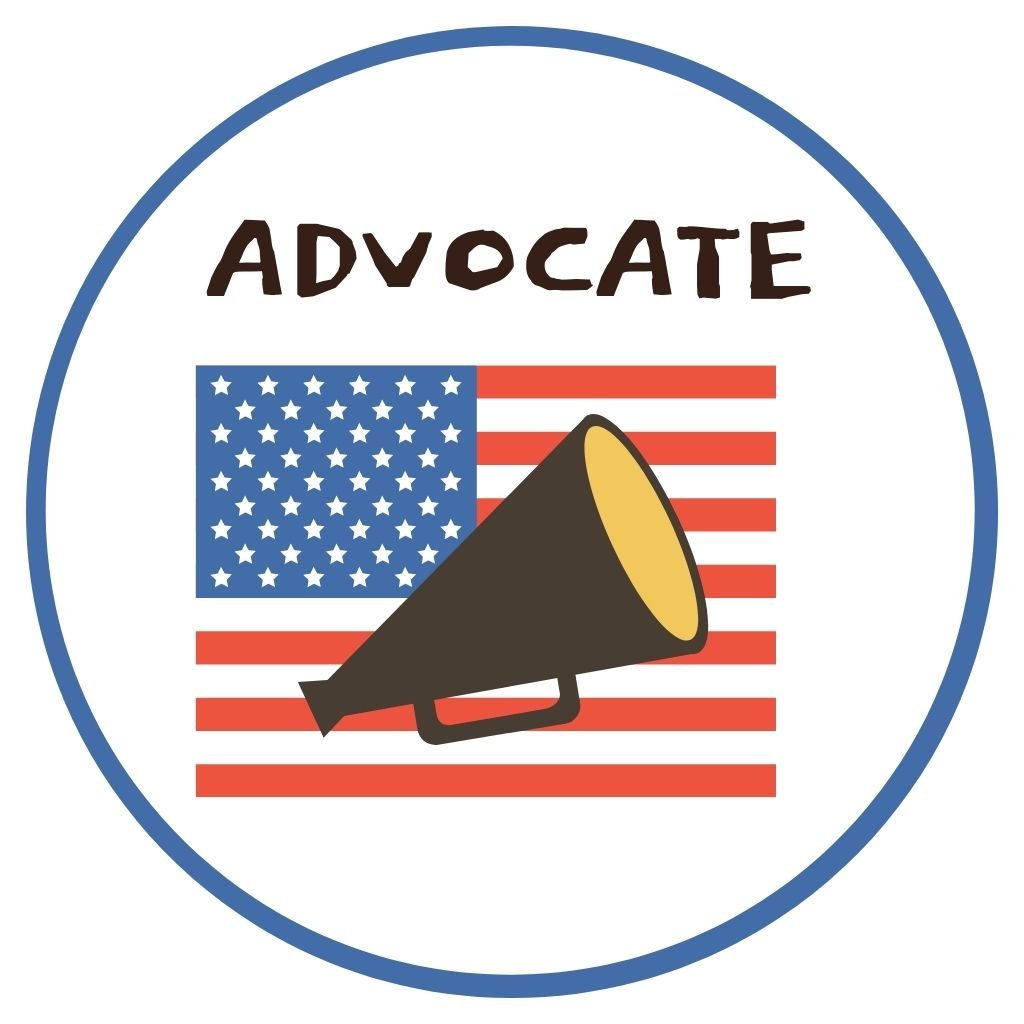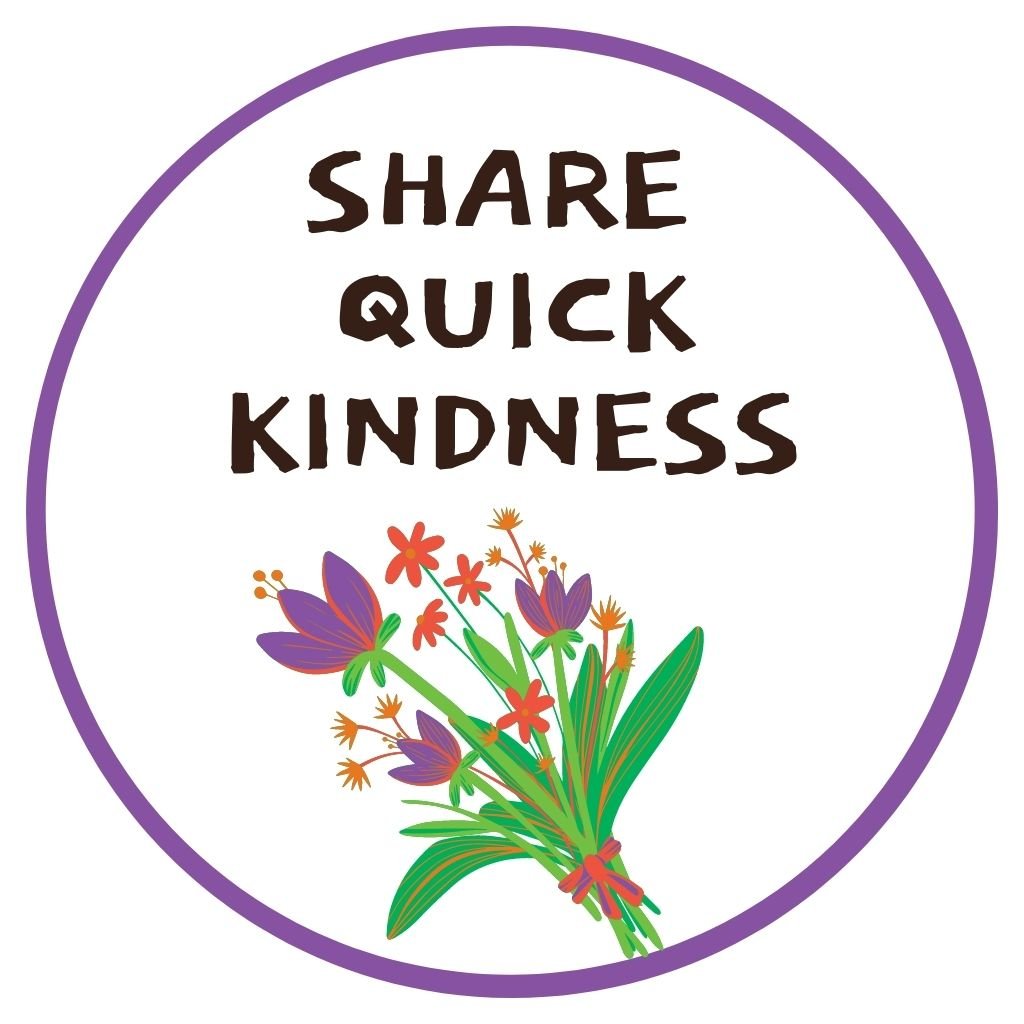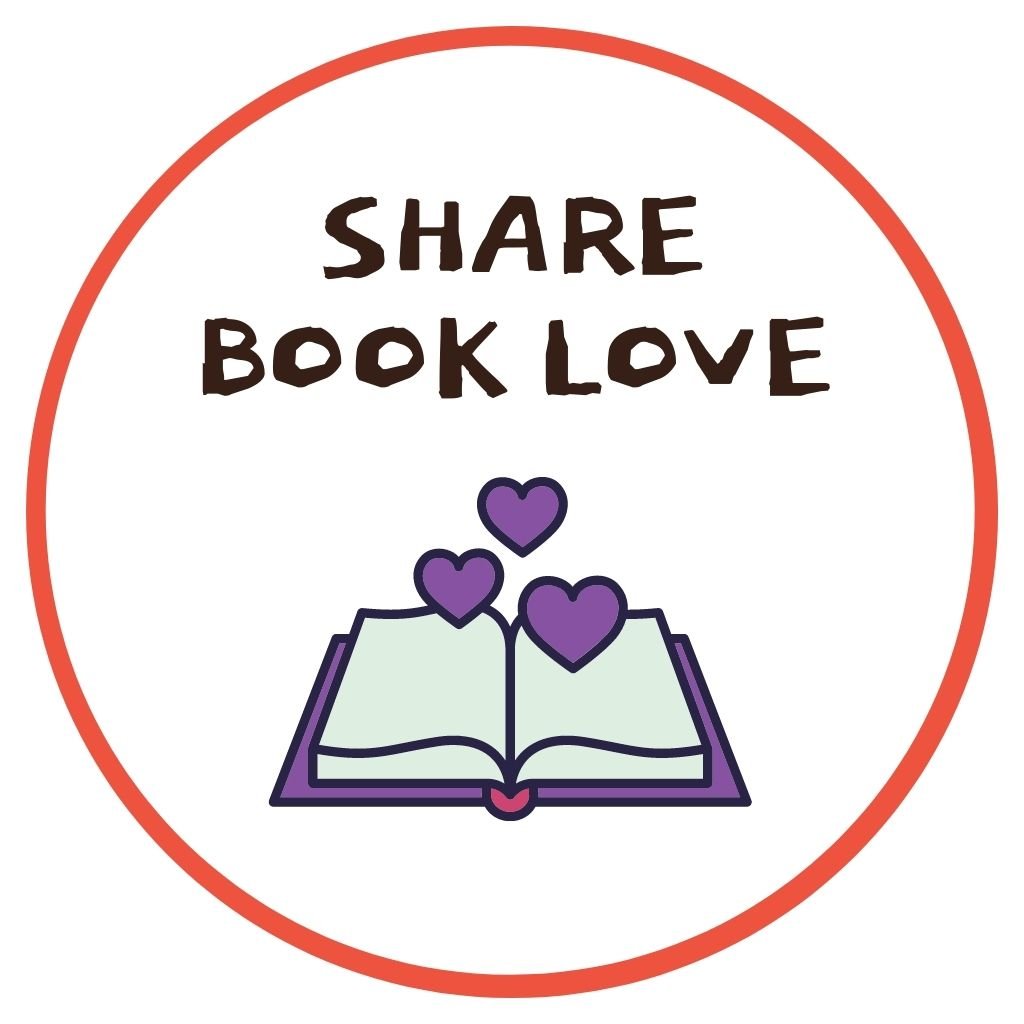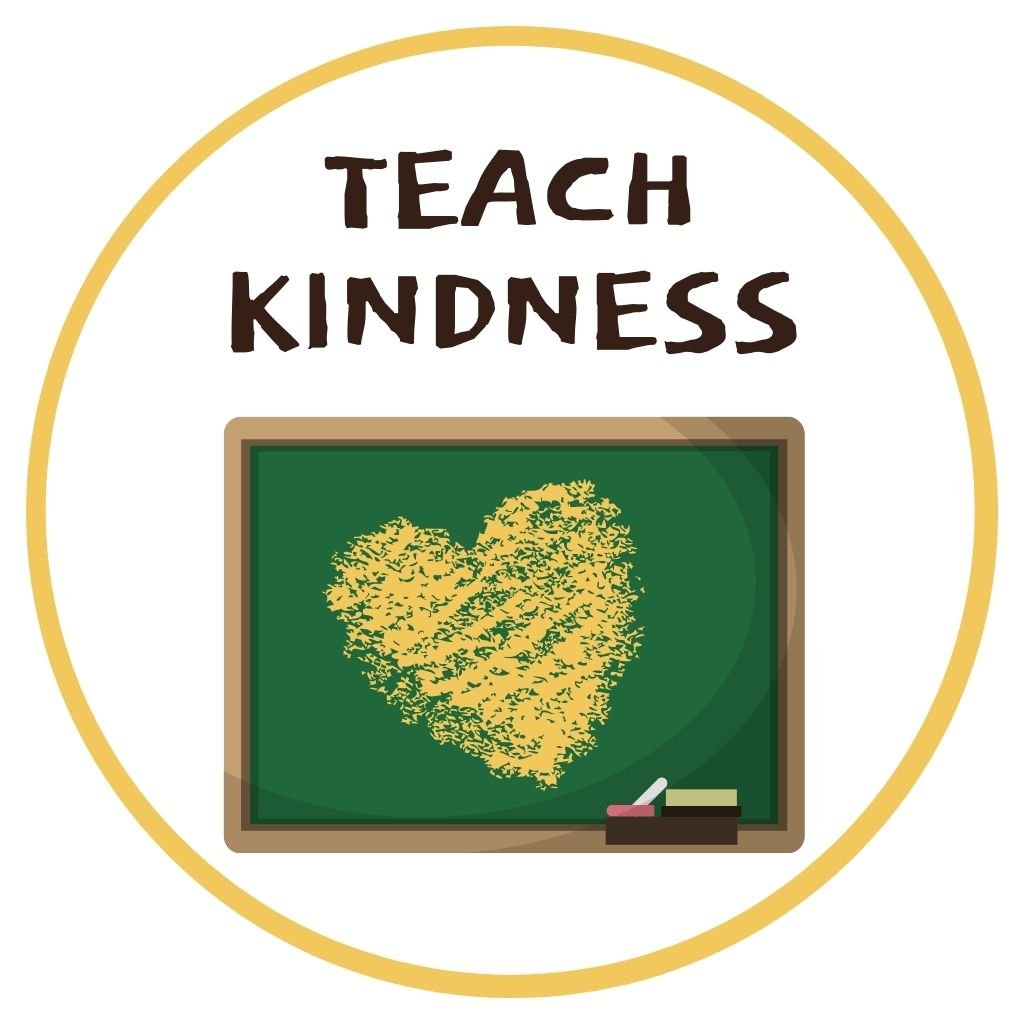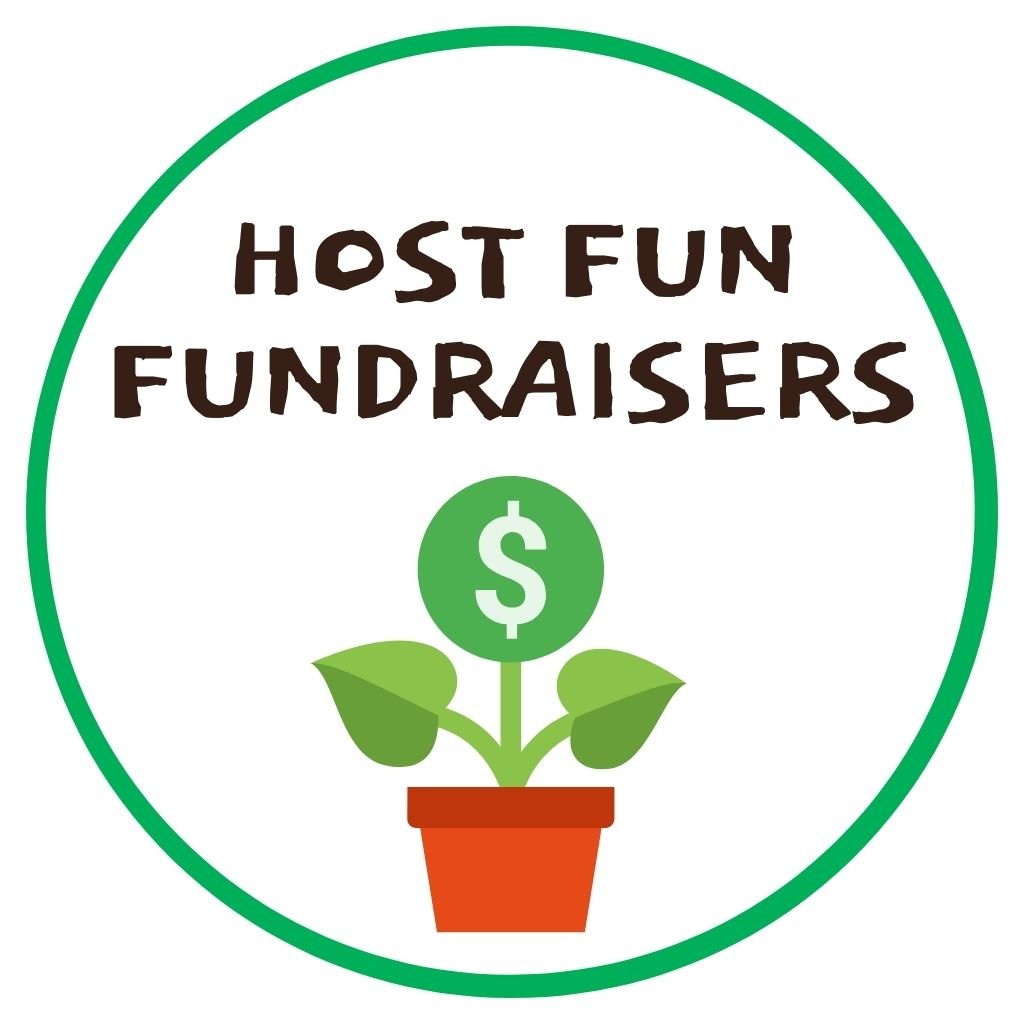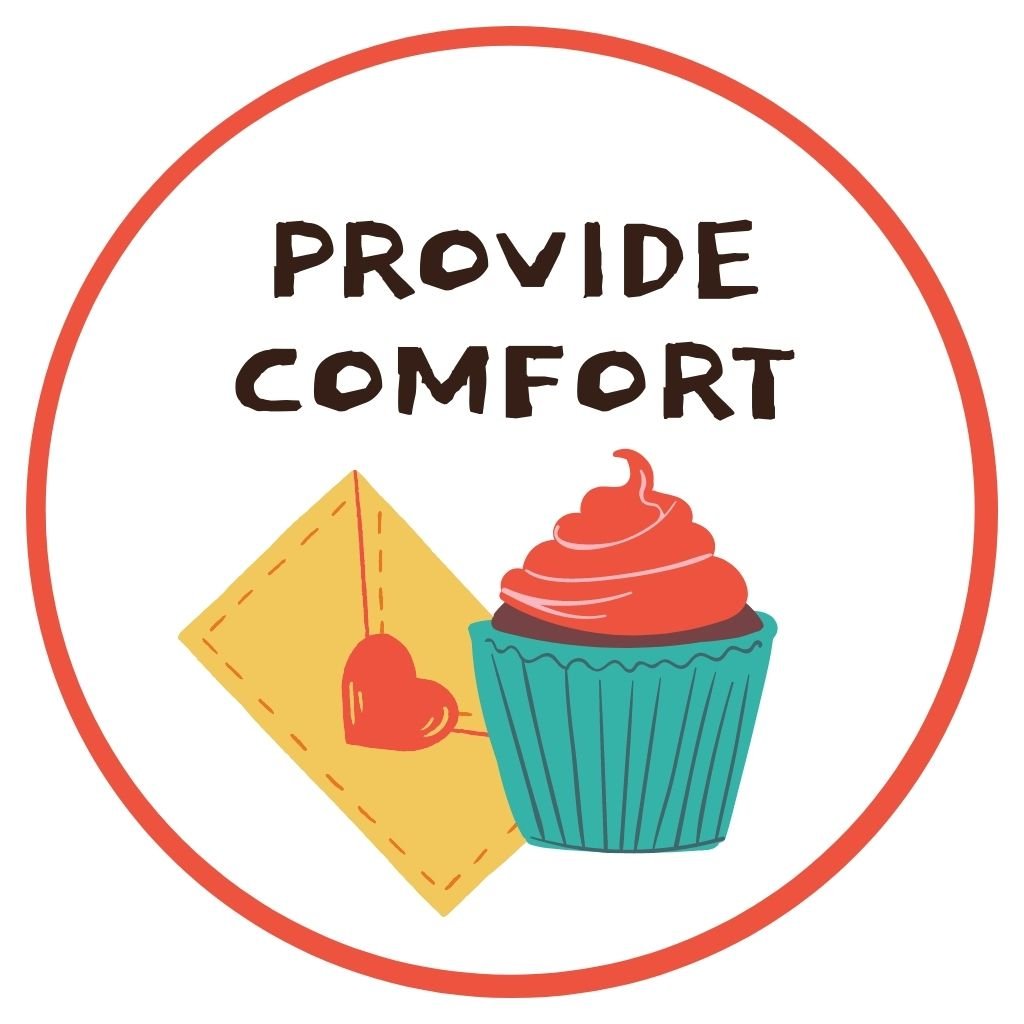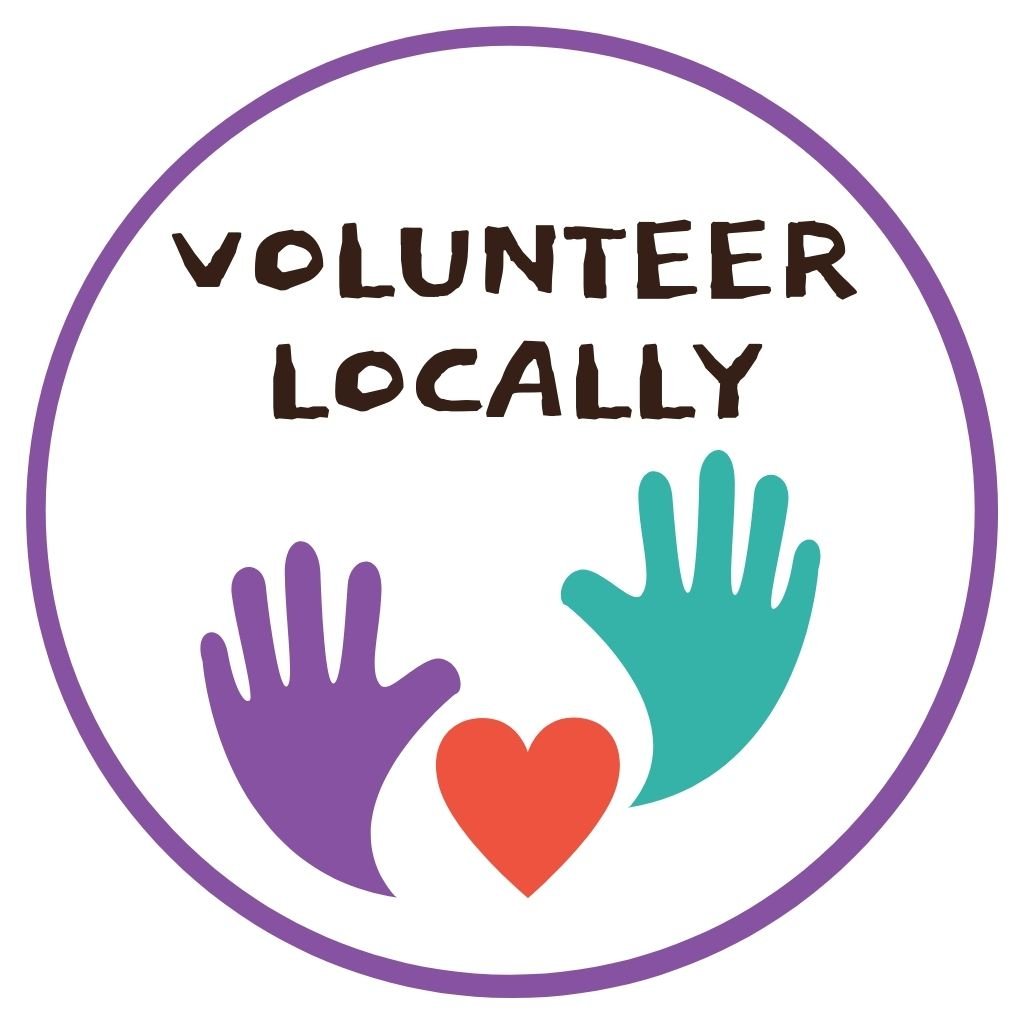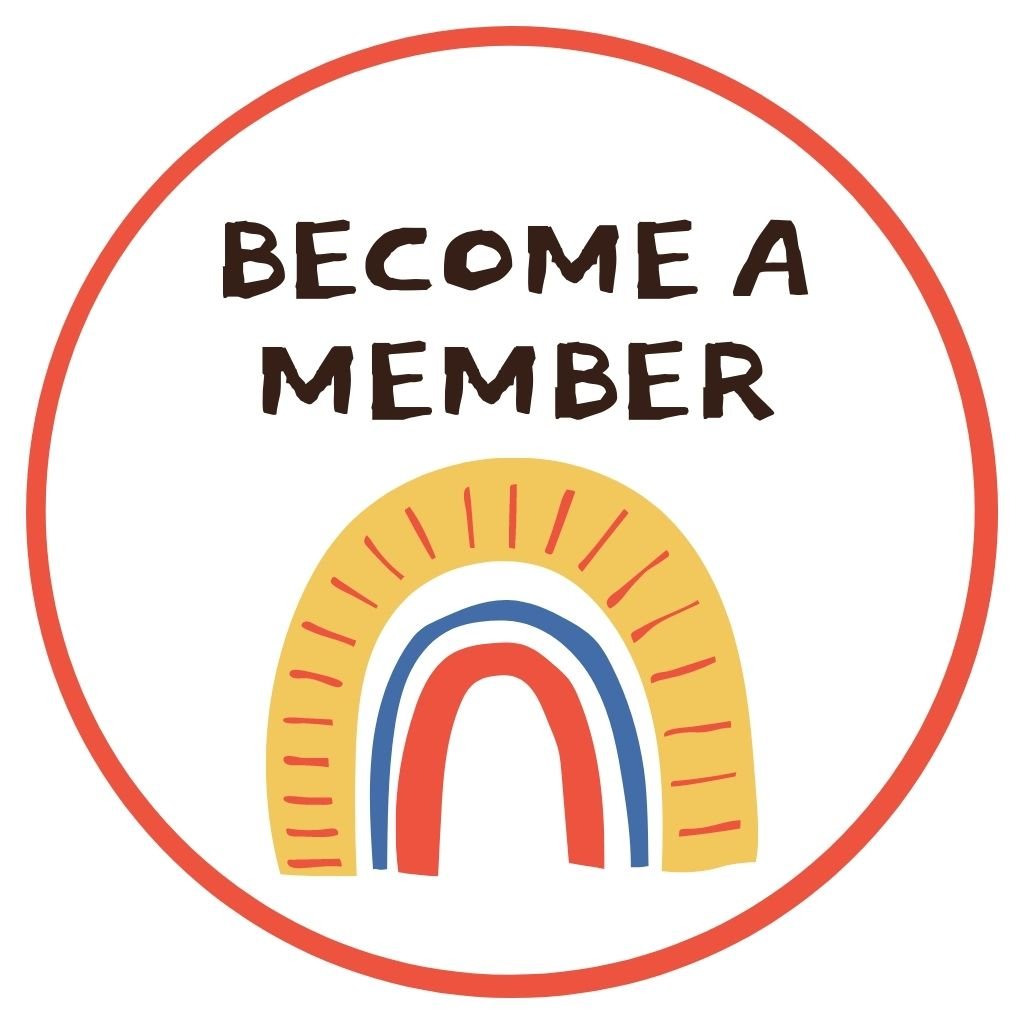We’re feeling it, aren’t we? The weight of this moment. I hear the fatigue in conversations with friends. I see it in the human stories behind the headlines about the escalating climate crisis, the ongoing pandemic, the national conversation about race, the great resignation, and a general sense of simmering division and uncertainty.
So many of us are feeling that scorched-earth sense that our communities, teachers, healthcare workers, families — all of us — can’t thrive, can’t bloom under the shadow of so many challenges.
What we’re feeling has a name: compassion fatigue. We’re feeling burned out.
The incomparable Anne Lamott vividly captured the worries of this moment in a recent social media post, “I am having trouble remembering all the things to be freaked about right now. It’s once again like trying to put an octopus to bed; just when you think you’ve finally tucked in all the arms, one pops out.”
Don’t lose faith. Your family’s kindness makes a difference.
Though the problems plaguing our communities can feel overwhelming, our individual efforts are essential.
Preview this thoughtful documentary, perfect for family movie night!
Emerging research demonstrates that kindness is actually contagious! According to a series of studies described in this Scientific American article, "witnessing kindness inspires kindness, causing it to spread like a virus.” That’s one contagion we don’t mind spreading!
Our communities need our support.
Whether you help restock the food pantry, keep your local park clean, pitch in at a soup kitchen, provide comfort to folks who are lonely, or try a project specific to your area, your family’s efforts will help make your community stronger.
When I started this work with Doing Good Together, my hope was to help my children — along with all of DGT’s big-hearted families — strengthen their instinct to make a difference before they grew up and discovered the magnitude of the world’s problems. Before they allowed cynicism to discourage meaningful action.
That’s why I create and share articles like “Raise Kindness: How Your Family Can Practice Compassion Every Day” and “9 Science-Based Family Life Upgrades that Prepare Kids to Live Kind.”
Our mission is to help you raise kids who care and contribute.
We strive to help you raise a generation that instinctively pitches in to make a difference in whatever way -- large or small — makes sense for them.
And it works!
My teen, once an eight-year-old budding animal rights activist, is now launching an environmental service club at her high school — like so many other inspiring teens around the country. We love hearing from families in the DGT Membership program as they share stories of kids growing up with a strong instinct to help others.
In fact, according to researchers, kids who volunteer with their families are twice as likely to be involved in community service as adults.
Try these science-backed strategies to beat burn-out, embrace joy, and keep doing good as a family!
In times like these, with so many challenges wreaking havoc on so much of our interconnected lives, the instinct to turn away can feel powerful. We are all at risk of compassion burnout, exactly when the world needs our big hearts the most.
Self-care may conjure visions of bubble baths and movie nights (two creature comforts I fully embrace), but there is growing evidence that a few intentional wellness strategies can help us feel great even in the midst of chaos.
These five self-care practices can help you cultivate your whole family’s sense of well-being even as you grapple with Anne Lammot’s octopus.
1. Be Helpful
This simple printable is available in Spanish and English!
As we like to say, big-hearted action always feels better than anxiety. Helpful acts of service decrease stress and increase our sense of well-being, according to numerous emerging studies. It really is that simple.
Do whatever good you can in whatever way works for you.
Try this: Download and print this helpful tool (now in Spanish and English!). Or ask your children who and how they would like to help? They’ll have ideas!
2. Be Social
Prioritize the fun aspects of living in your community, because being social offers one of the best boosts to emotional health. Is each member of your family finding ways to make and deepen friendships? Now is the time to rekindle any relationships that have atrophied over the pandemic and think intentionally about building new ones.
Try this: Revisit this classic DGT article to think creatively about expanding your social circle.
3. Be Intentional
For frazzled parents, it’s always important to spend some time filling your own buckets — in the words of one of our favorite picture books. Small, thoughtful habits — like more time in nature or more frequent social media breaks — can have a profound impact on your sense of well-being and your capacity to live with intention in spite of a chaotic world.
Try this: Check out the book Twelve Tiny Things: Simple Ways to Live a More Intentional Life by Heidi Barr and Ellie Roscher for a soulful guide to restorative, growth-minded practices that don’t require much time. The 12 topics covered include space, food, style, nature, community, and more!
4. Be Grateful
Click here for 13 creative ways to practice gratitude.
A growing body of research teaches us that practicing gratitude makes us healthier (reducing stress and improving sleep quality) and happier (boosting self-esteem and resilience).
Even better, active gratitude has the power to inspire improved patience, greater generosity, and empathy toward others.
Try this: For the next month, create a gratitude display in your home, celebrating the many different ways your family life is abundant.
5. Be Encouraging
By noticing and sharing encouragement with our community heroes, we can spread smiles and remind ourselves that we are not alone in our desire to build a more compassionate, just world.
There is a vast community of changemakers working with us from afar!
Help your family notice local heroes. Watch for good stories on websites like the Good News Network. And share these heroic tales regularly to remind your family — and everyone else — of the good work that is happening in our communities and beyond.
Try this: When appropriate, help your child reach out to your heroes with thank you cards, encouragement, and even a big-hearted award designed just for them!
As parents, we can help our children learn what it looks like to live in community with our neighbors. We can actively nurture a sustainable sense of community engagement by pushing back against compassion burnout and connecting meaningfully with causes we care about. If we intentionally look beyond fearsome headlines, it’s easy to see that big-hearted action makes a difference.
Together, we can help our kids— and ourselves — build the resilience to bloom even in troubled times.
If you like our free stuff, you’ll love our membership program, for both Families and Classrooms!
Join today and we’ll help you keep kindness on your family calendar all year long, now with access to DGT’s popular member’s only e-books.
Browse our Pick-a-Project collection!
Disclaimer: Doing Good Together™ is a participant in the Amazon Services LLC Associates Program, an affiliate advertising program designed to provide a means for sites to earn advertising fees by advertising and linking to Amazon.com.
The recommendations we offer are based solely on our mission to empower parents to raise children who care and contribute.








